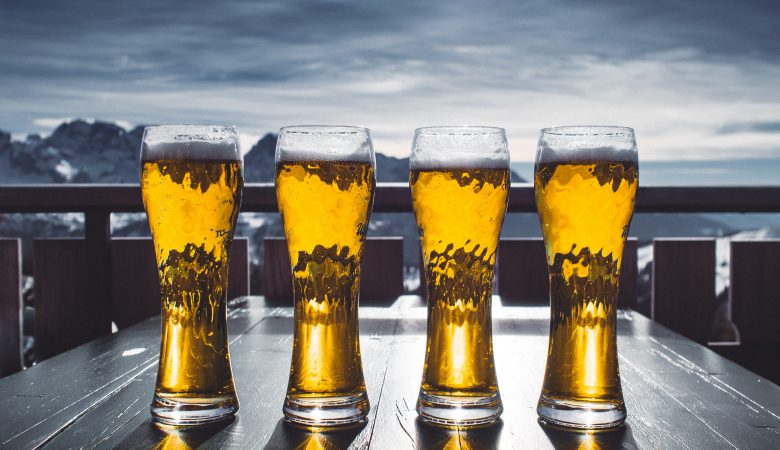Counterfeit Alcohol Costs Jobs, Lives
Global policy makers, and especially officials in the European Union must enact new guidelines and legislation to combat the rampant abuse of fraudulent alcohol trademarks and copyrights. The prevalence of counterfeit liquor products hurts manufacturers and the general public due to lost income and serious health and safety hazards.
A recent European Union Intellectual Property Office (EUIPO) report found counterfeit alcohol costs European companies 1.3 billion euro in lost direct revenue per year, and 1.7 billion euro lost in associated sectors. Counterfeit alcohol products also lead to 23,300 lost jobs in the EU, according to the report. The European Parliament must take immediate steps to ensure stronger trademark and copyright protection for alcohol manufacturers. Indeed, IP-intensive industries constitute 42% of the EU GDP, yet widespread violations of copyright persist.
Cyprus in particular is harmed by the growing counterfeit alcohol market, with nearly 200 million euro in lost revenue. These uncollected revenues lead to fewer job opportunities, with an estimated 1,256 jobs lost annually. Despite existing EU copyright and trademark protections, intellectual property rights in Cyprus are clearly under significant threat.
Failure to protect intellectual property rights not only causes significant economic harm, but is also a threat to public health and public safety. A recent report from Indonesia detailed how counterfeit alcohol led to the death of 80 people due to toxic chemicals such as methanol being found in illicit liquor. In 2012 an Australian teenager died after drinking counterfeit alcohol that he believed was a genuine and trusted vodka brand. This tragic death reveals the human cost of counterfeit alcohol production and speaks to the necessity of robust and enforceable trademark protection policies.
The dangers and prevalence of counterfeit liquor products may not always be at the forefront of political and financial discourse about copyright laws, but the problem is so prevalent that entire museum exhibits are dedicated to confiscated counterfeit liquor products. Such examples speak to how current regulations and policies have failed to protect intellectual property and have instead allowed a black market to thrive.

